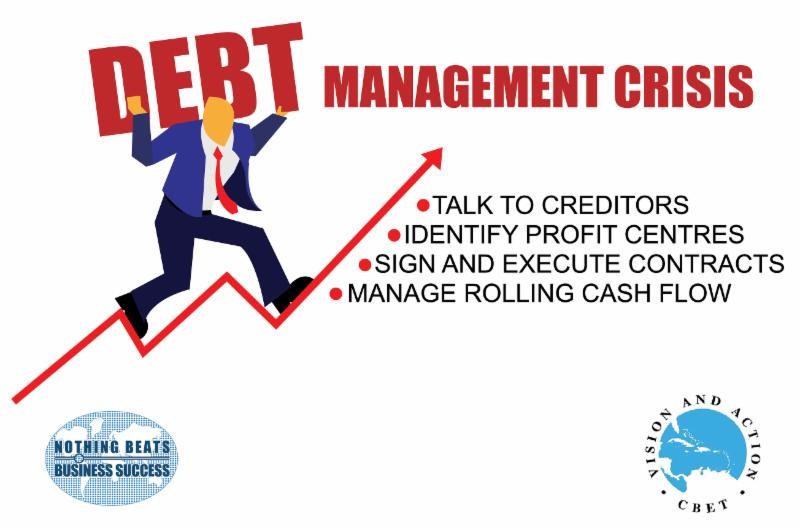“You can be sure that God will take care of everything you need, his generosity exceeding even yours in the glory that pours from Jesus. Our God and Father abounds in glory that just pours out into eternity.” – Philippians 4:19
The average individual adopts a classical pattern over the changing phases of life. There are one or more stages of formal education, earning money (either as an employee or as an entrepreneur), buying a car and a home, starting a family and preparing for retirement.
In many cultures, the average individual is very familiar with debt because it is an instrument which facilitates, especially for those not blessed with family inheritance, the accumulation of financial wealth. In other cultures, there is the magnanimity of the spirit of the extended family where resources earned are pooled and shared among the family members according to their needs and cost of debt does not feature among their expenses.
Debt for many is a way of life and is normally matched by the intended acquisition of an asset. Once the earning capacity (as an employee or as an entrepreneur) continues, these debts are eroded, assets are owned and wealth creation begins. However, if earning is reduced (for whatever reason), acquisition of assets does not make the grade or ambition gets the better of us, then monthly expenses, including debt servicing, may exceed the available monthly revenue and a debt management problem looms.
In such a case, corrective action rather than panic should be the order of the day to restore the achievement of set objectives. Very often corrective action is not taken in a timely manner and the situation worsens until it reaches crisis proportions where chaos reigns and more drastic action has to be taken. My experience has shown, especially as national economies are in decline, that this tendency where “chaos reigns” is the rule rather than the exception and hence streamlined advice might not be out of place. Here is a recommended four-pronged solution.
The first thing to do is to establish a relationship with the creditors to explain the inability to service the debt as planned and invite them to work in partnership to reschedule the debt as you share with them the strategy for corrective action.
Secondly, diligently vision new employment opportunities or profit centres to increase net revenue inflow to assist with the erosion of the debt. Modest opportunities for improving the situation should not be despised since they may ultimately contribute to a sustainable solution.
Thirdly, “pound the pavement” to meet possible employers or clients and convert these opportunities into signed agreements and execute them profitably. A simple spreadsheet template may be used here to monitor the conversion process from the vision to a positive response from the employer or client leading ultimately to a signed contract and successful delivery. The importance of this template, especially in the context of an entrepreneur dealing with many clients should not be underestimated.
Fourthly and very importantly, set up a rolling cash flow spreadsheet template and watch the net cash flows improve thus converting your chaos to order and alleviating the crisis from your debt management activity. Rolling is in the sense that, if you establish a six month, say, cash flow projection, at the end of each month a new month is added in the spread sheet so that at any given time there will always be a six month projection in view.

Let us adapt the above solution at the national level, as well, by (1) rescheduling the national debt through innovative strategies, (2) recognizing that enterprise development is the new growth sector, (3) creating the enabling environment for start-up enterprises to sign up new business contracts, and (4) monitoring economic growth one successful business after another using an appropriate rolling cash flow template.
Let’s take positive action being sure that God will take care of everything we need.
(Dr. Basil Springer GCM is Change-Engine Consultant, Caribbean Business Enterprise Trust Inc. – CBET. His email address is basilgf57@gmail.com and his columns may be found at www.cbetmodel.org and www.nothingbeatsbusiness.com.)
